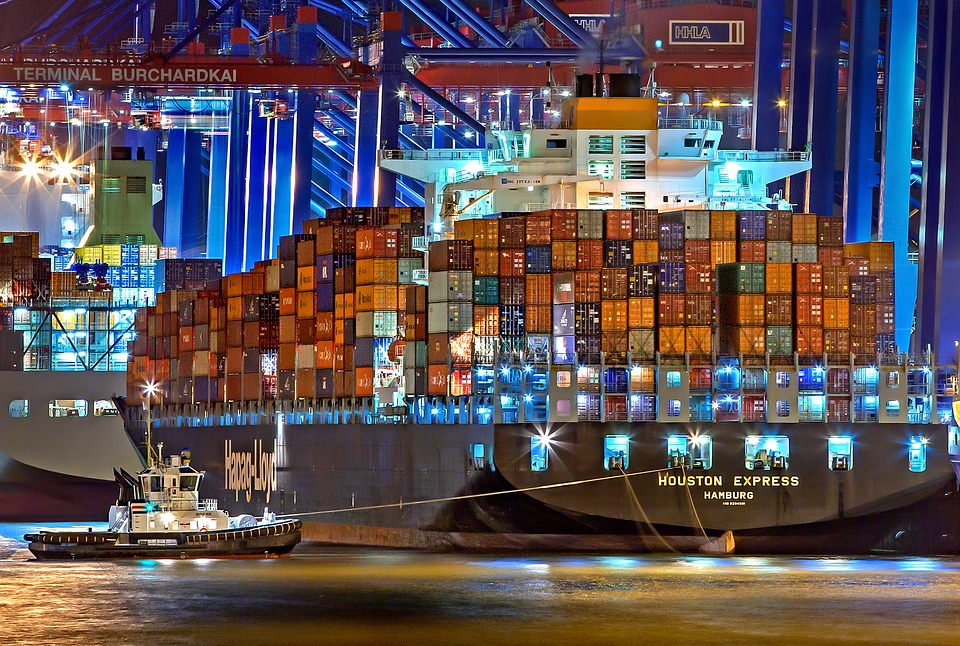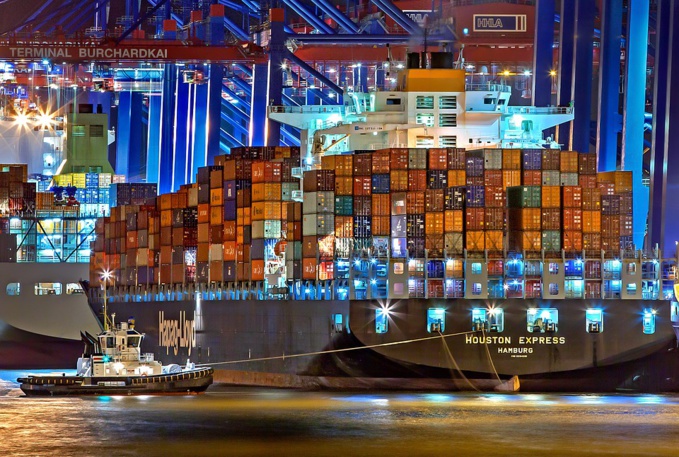The losses of suppliers will depend on the role of American manufacturers in the chain: the father they are from a third country supplier, the greater the losses. The greatest damage threatens vehicle manufacturers, including automakers. Here, a 1% increase in tariffs in the United States leads to a decrease in exports of third countries to the state, against which these measures are directed, by 4.4%. This sector is characterized by the longest chains with the largest number of production phases. For manufacturers of machinery, the indicator is 3.7%, electrical equipment - 1.43%, for the extractive industries - 3.13%. The smallest negative effect on suppliers from third countries was noted in the chemical industry, light industry, the agricultural sector and metallurgy.
The increase in protectionism has been observed for almost a decade, that is, since the financial crisis of 2008–2009. According to the Global Trade Alert, during this time, the total number of restrictions has increased almost threefold (up to about 40 thousand), and their coverage is now 2.5 times wider. Now, barriers of one kind or another affect 73% of the export of G20 countries. Most often, restrictions are aimed at deliveries from China, while taking into account the latest rounds of raising US tariffs, the popularity of such a measure increased from 9% of all restrictions in 2009 to 16% in 2018. In particular, in the USA this share increased from 2.3% to 12.5%, in China - from 2.6% to 9%, in Germany - from 0.7% to 5.7%. The industrial sectors, in particular metallurgy, auto, air and chemical industry suffered the most from such protectionism.
source: coface.com
The increase in protectionism has been observed for almost a decade, that is, since the financial crisis of 2008–2009. According to the Global Trade Alert, during this time, the total number of restrictions has increased almost threefold (up to about 40 thousand), and their coverage is now 2.5 times wider. Now, barriers of one kind or another affect 73% of the export of G20 countries. Most often, restrictions are aimed at deliveries from China, while taking into account the latest rounds of raising US tariffs, the popularity of such a measure increased from 9% of all restrictions in 2009 to 16% in 2018. In particular, in the USA this share increased from 2.3% to 12.5%, in China - from 2.6% to 9%, in Germany - from 0.7% to 5.7%. The industrial sectors, in particular metallurgy, auto, air and chemical industry suffered the most from such protectionism.
source: coface.com



















